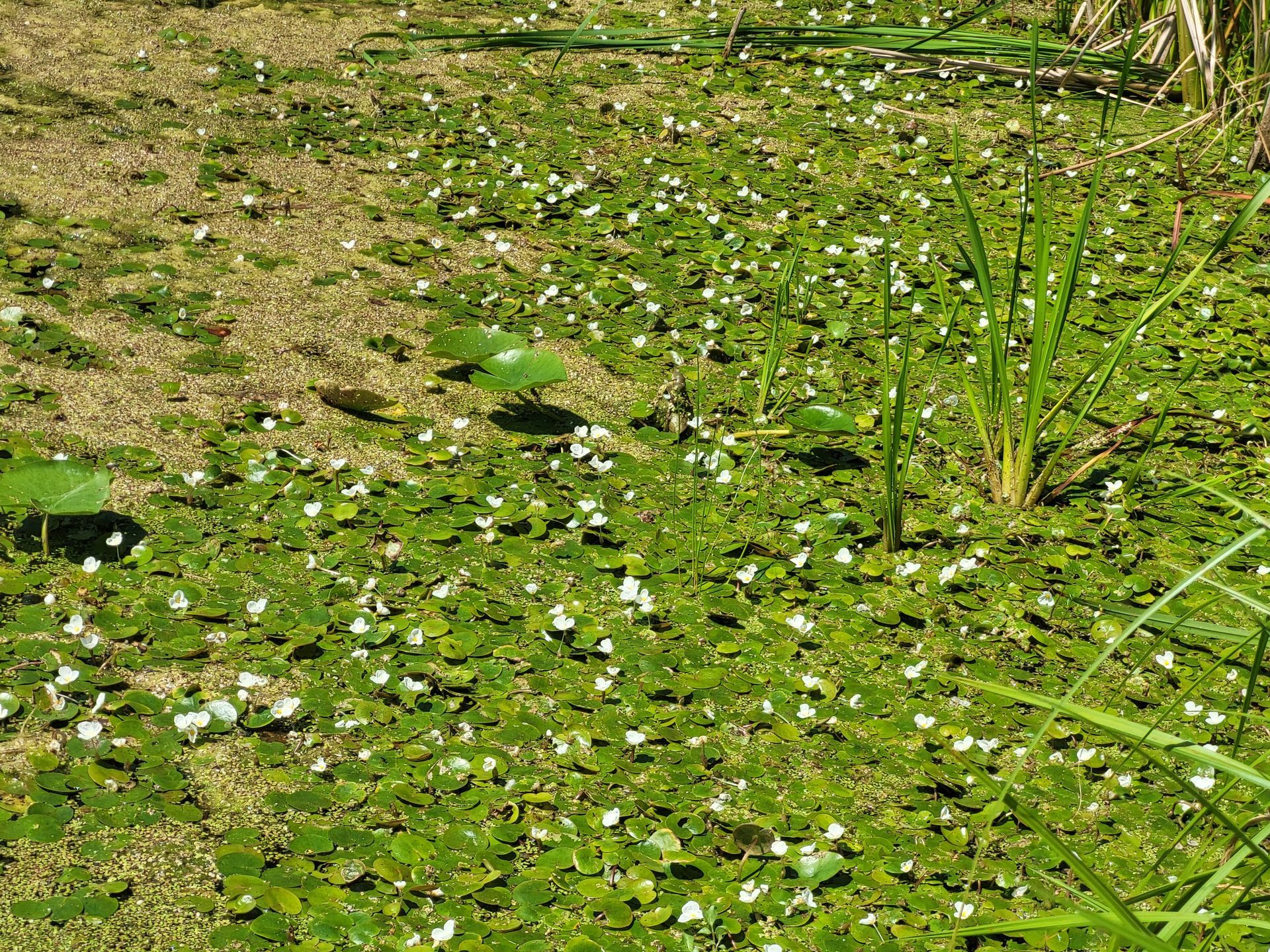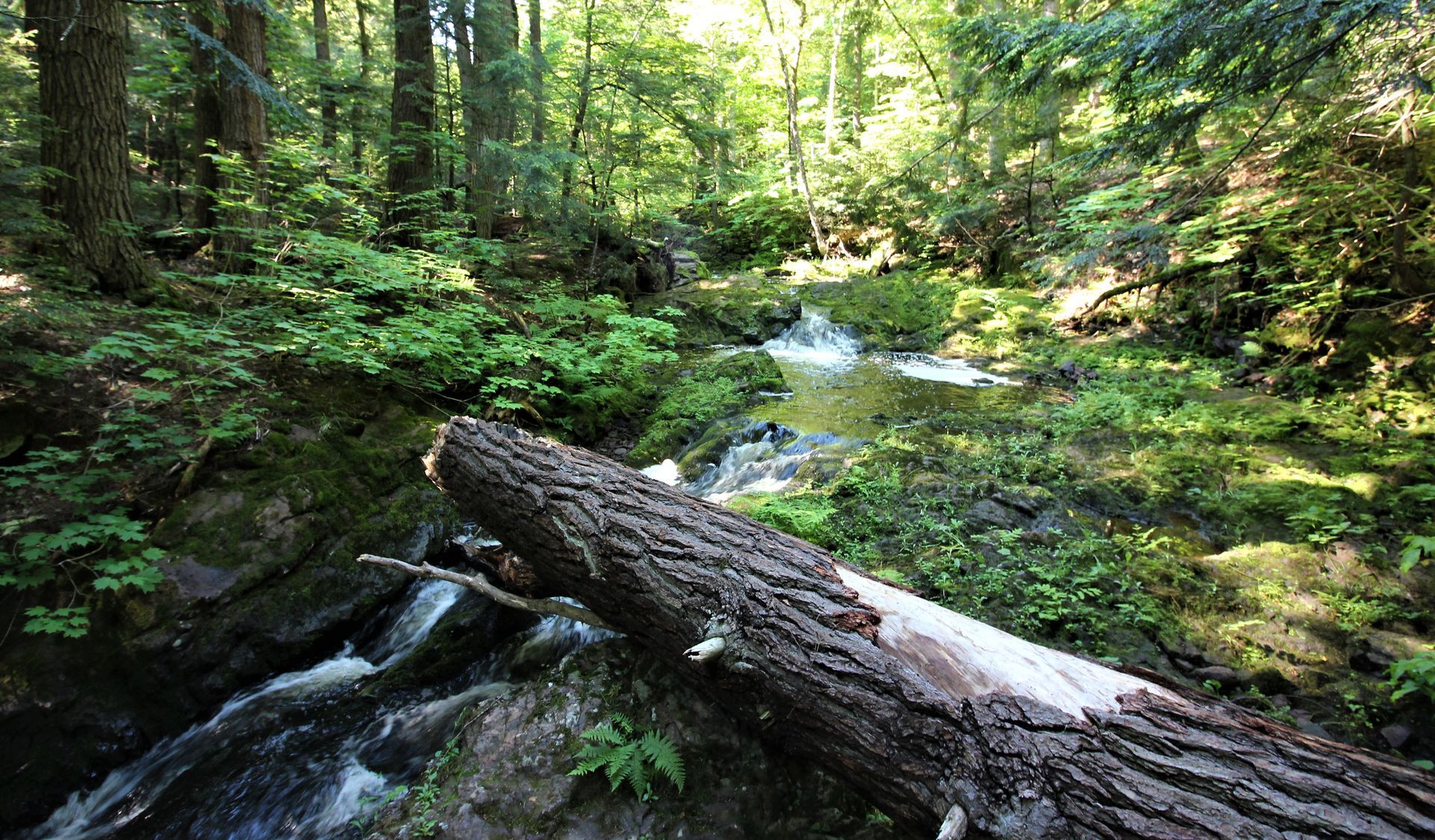Action Alert: Conservation Officer funding at risk, contact your elected officials now
The budget deadline is approaching fast; now is the time for sportsmen and sportswomen like you to express which items are most important in the coming budget. The budget deadline is September 30, and the importance of budget items such as chronic wasting disease funding, PFAs, invasive species and conservation officers need to be stressed to your elected officials.
Department of Natural Resources Law Enforcement Division
A cut of $1.1 million to the DNR Law Enforcement Division in the 2020 fiscal year budget has been proposed by the House. This budget cut would result in fewer conservation officers who help to enforce the scientific management of our fish and wildlife. While your hunting and angling license dollars go towards supporting game and fish in our state, the law enforcement division of the DNR relies on tax dollars due to the vast duties that a conservation officer has. Conservation officers are often the first responders to a scene in rural areas and have been awarded numerous life-saving awards.
Chronic Wasting Disease Funding
Currently, the proposed budget increases the wildlife management appropriation by $2.3 million General Fund (GF) for chronic wasting disease research. Out of the $2.3 million being funded, $2 million would be one-time funding, and $300,000 would be ongoing funding.
PFAs
There is $120 million general fund to be allocated to EGLE for the 2019-2020 fiscal year in the proposed budget to address water quality issues including perfluorooctanoic acids (PFAs) .
Invasive Species Program
For the last several years, $5.1 million has been in the budget to address emerging issues of invasive species. These funds will be used to prevent, detect, eradicate and control aquatic and terrestrial invasive species.
Show YOUR support for chronic wasting disease, invasive species and PFA’s funding. Express your concern for the proposed cut to the Law Enforcement Division and ask that the $1.1 million be reinstated.
Find your Representative here: https://www.house.mi.gov/mhrpublic/frmFindaRep.aspx
Find your Senator here: https://www.senate.michigan.gov/fysbyaddress.html
Recent Posts



